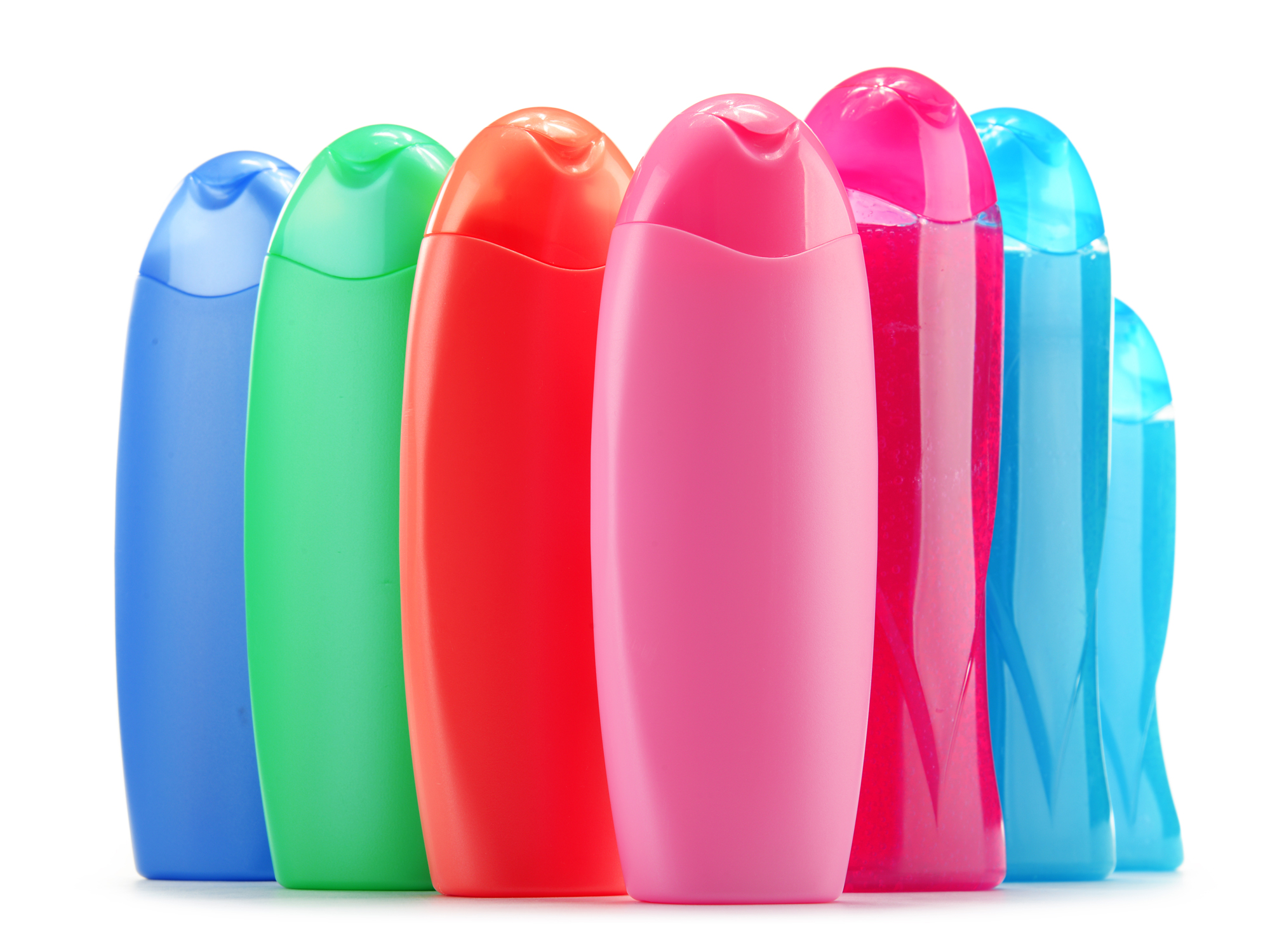Get Easy Health Digest™ in your inbox and don’t miss a thing when you subscribe today. Plus, get the free bonus report, Mother Nature’s Tips, Tricks and Remedies for Cholesterol, Blood Pressure & Blood Sugar as my way of saying welcome to the community!
You’re a human guinea pig and your shower is the lab

Sunscreen, deodorant, body lotions, lipsticks and shampoos are just some of the products in your house right now that probably contain parabens. And, according to the latest research, these parabens could be screwing with your hormones worse than first thought — especially one in particular.
But why isn’t anything being done about? It’s easier for the makers of these products to sit and back and let you do the dangerous research for them. That’s why they’re playing a game of “wait and see” with your health.
Take butylparaben for example…
For a long time, butylparaben has been considered a lesser evil as far as parabens go. For example, in the European Union, where they’re much more cautious about parabens than we are here in the States, butylparaben hasn’t been banned… at least not yet.
But the latest research from the Technical University of Denmark may finally throw butylparaben’s reputation as a “safer” paraben into question…
Scientists have known for a while now that butylparaben screws with the sperm count of male rats exposed to it prenatally. That’s pretty much par for the course with parabens, so no one has been too concerned about it.
However, butylparaben’s hormone-disrupting powers don’t end there. Researchers found that male rats exposed to butylparaben prenatally also experience changes in their prostate and testicles. In fact, butylparaben interferes with their testicles’ ability to make hormones.
But the problems associated with butylparaben aren’t exclusive to the ‘boys club.’ Not by a long shot…
Female rats experience changes in their breast tissue and the weight of their ovaries. And if you’re a woman and you’re familiar with the connection between parabens and breast cancer, this is pretty scary news.
Of course, researchers are quick to point out that these results were found in rats… which doesn’t necessarily mean they apply to humans. The rats were also exposed to high doses of parabens… much higher than you’re typically exposed to when you put on lotion or sunscreen.
In other words, there are still a lot of questions to be answered.
Scientists don’t really know for sure how your daily exposure to parabens is affecting you. But do you really want to be the canary in the coal mine if you don’t have to? Especially when a lot of research has already linked parabens to health problems in animals and humans.
Parabens have been found in human breast tumors, after all. And a UC Berkeley study conducted last year found that even at low doses, butylparaben helps switch on cancer genes.
So it’s probably smart to avoid being a test subject on the safety of parabens for humans. Which means if you’re not reading the labels on all of your personal care products already, it’s time to start.
Fortunately, a lot of health-oriented companies are already making paraben-free products. And most of these products say “paraben-free” right on the label. But if you’re still having a hard time finding the paraben-free products you need, check out this database created by the Environmental Working Group. It contains over 61,000 paraben-free personal care products and will help you on your path to a paraben-free life.
But what about the hormone disrupting chemicals already circulating in your body? Consider cleansing — also known as detoxing. For guidance on how to get started, check out our infographic on the five internal cleanses.
Sources:
-
Boberg, M. Axelstad, T. Svingen, K. Mandrup, S. Christiansen, A. M. Vinggaard, U. Hass. “Multiple Endocrine Disrupting Effects in Rats Perinatally Exposed to Butylparaben.” Toxicological Sciences, 2016; 152 (1): 244.
-
“Common Preservative In Personal Care Products Linked To Breast Cancer.” The Environmental Working Group. http://www.ewg.org. Retrieved July 9, 2016.
-
“EWG’s Skin Deep Cosemtics Database.” The Environmental Working Group. http://www.ewg.org. Retrieved July 9, 2016.












